A Morrissey Hearing is another name for a contested probation violation hearing. When a person is placed on probation and allegedly violates the conditions of their probation, they are entitled to have a hearing where the prosecution has to prove by clear and convincing evidence that the conditions of probation were violated.
Before you get to a Morrissey Hearing, there is an initial probation violation hearing often referred to as an admit-deny hearing where you can either admit or deny the allegations. If you admit the allegations, a disposition (or sentence) may be imposed at the same hearing or at a later time. If you deny the allegations, then the court will schedule the Morrissey Hearing. At the Morrissey Hearing, you have the right to present evidence, call witnesses on your behalf, testify, challenge the prosecution’s evidence, and cross examine the prosecution’s witnesses. The Minnesota Rules of Evidence also apply at the hearing.
Because probation violations often have profound consequences, the need to challenge and argue against such violations can be incredibly important. Sometimes, the prosecution will seek to revoke stays of adjudication, stays of imposition, request significant jail time and even prison in some circumstances. Before a violation hearing takes place, there is generally a probation violation report filed with the court. The report will include the allegations of what probationary conditions were violated and a recommendation for the sanction. The prosecution will often support probation’s recommendation, but they are not required to. You, or your attorney, can talk to the prosecution and see if you can negotiate a recommended sentence to the court. Even in that scenario, however, the judge can sentence as they see fit on a probation violation. But the judge is more willing to sentence according to an agreement by both sides.
The term Morrissey Hearing stems from the United Supreme Court case: Morrissey v. Brewer. In that case, the United States Supreme Court decided that the Due Process Clause of the Fourteenth Amendment requires that the State afford an individual some opportunity to be heard prior to revoking their parole. The Court reasoned that “liberty is valuable and must be seen as within the protection of the Fourteenth Amendment. Its termination calls for some orderly process, however informal.” The United States Supreme Court decided Morrissey in 1972 and has provided individuals with constitutional protections ever since.
